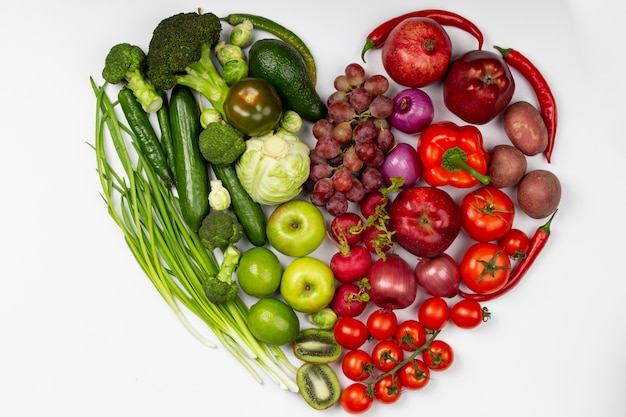
Did you try Veganuary this year, or are you considering going vegan more permanently? If so, Dr. Gemma Newman has some practical advice for you.
With so many diets out there—low fat, high fat, low carb, high carb, vegan, paleo, keto—it can get pretty confusing. But among these options, which one actually works best?
Veganuary is gaining more popularity each year. In 2018, 170,000 people participated, marking a significant increase from 2017. By 2019, over 250,000 people joined in. This year, the numbers are expected to rise even further.
Is a vegan diet healthy? And how does it differ from other dietary options we hear about?
There’s often confusion about what constitutes good nutrition, partly due to media, food companies, and even health professionals. However, there’s widespread agreement that consuming lots of fruits and vegetables, unprocessed foods, and avoiding processed meats, sugary items, and refined flour is beneficial.
When people aren’t sure what’s healthy, they often stick to their usual eating habits, invoking “everything in moderation.” But this mindset isn’t ideal. We wouldn’t advise smokers to smoke in moderation, so why apply this to sugary drinks and processed meats? The World Health Organization classifies processed meats as a carcinogen, meaning they increase cancer risk.
Dr. David Katz, co-founder of the American College of Lifestyle Medicine, brought together nutrition experts to reach a consensus on healthy eating. They agreed that a diet rich in vegetables, fruits, beans, nuts, seeds, whole grains, and water is key to good health.
Comparing paleo and whole-food plant-based diets, both are healthier than the typical Western diet. Research shows that a whole-food plant-based diet is the only one that has been proven to reverse coronary artery blockages. This was demonstrated in studies like the Lifestyle Heart Trial and the Mount Abu Heart Trial. Considering heart disease is a leading cause of death, incorporating more plant-based foods seems sensible.
Transitioning to a plant-based diet can seem daunting, especially if you’re used to a Western diet. But it’s manageable. If you’re interested, here are some tips to get started.
Begin with accessible cookbooks like “So Vegan in 5” by Roxy Pope and Ben Pook, which features simple recipes using just five ingredients. Another great resource is “BOSH!” by Henry Firth & Ian Theasby, offering over 80 vegan recipes.
Social media, particularly Instagram, can also offer inspiration with vegan hashtags showcasing various journeys into plant-based eating.
To start, try modifying your favorite meals. For instance, replace chicken curry with chickpea curry, beef Bolognese with lentil Bolognese, or make a three-bean chili instead of a meat-based one.
Begin by making breakfast plant-based a few days a week, then gradually do the same with lunch. Eventually, increase the number of plant-based meals until it becomes a regular part of your diet. Adjusting slowly helps your digestive system acclimate, although initial bloating can occur.
Both the American and British Dietetic Associations agree that well-planned plant-based diets support health at all life stages and can help prevent diseases like heart disease and cancer.
Plant-based diets also reduce the risk of chronic respiratory issues, allergies, and infections in children, offering long-term health benefits.
Unfortunately, modern agricultural practices have depleted soil nutrients, affecting food’s nutritional value. The Western diet often lacks essential nutrients like magnesium and folate.
A well-planned whole-food plant-based diet is typically nutrient-dense, focusing on foods rich in vitamins, minerals, fiber, and antioxidants. However, supplementation may be necessary for some nutrients, especially if avoiding all animal products.
For instance, Vitamin B12, crucial for preventing deficiencies and managing heart health, is usually not found in plant-based foods. Supplementation or consuming fortified foods is recommended. Vitamin D is also commonly deficient; ensure adequate sunlight exposure or consider supplements.
EPA/DHA supplements, derived from algae, provide essential omega-3 fatty acids without the toxins present in fish. Additionally, flaxseed is highly beneficial for heart health. Consuming one to two tablespoons of milled flax daily can be advantageous.
These supplements and dietary adjustments can help make your transition to a plant-based diet smooth and beneficial for your overall health.
Dr. Gemma Newman has extensive experience in medicine, having worked across various specialties. She emphasizes that a well-planned plant-based diet can offer significant health benefits, from preventing chronic diseases to promoting overall well-being.